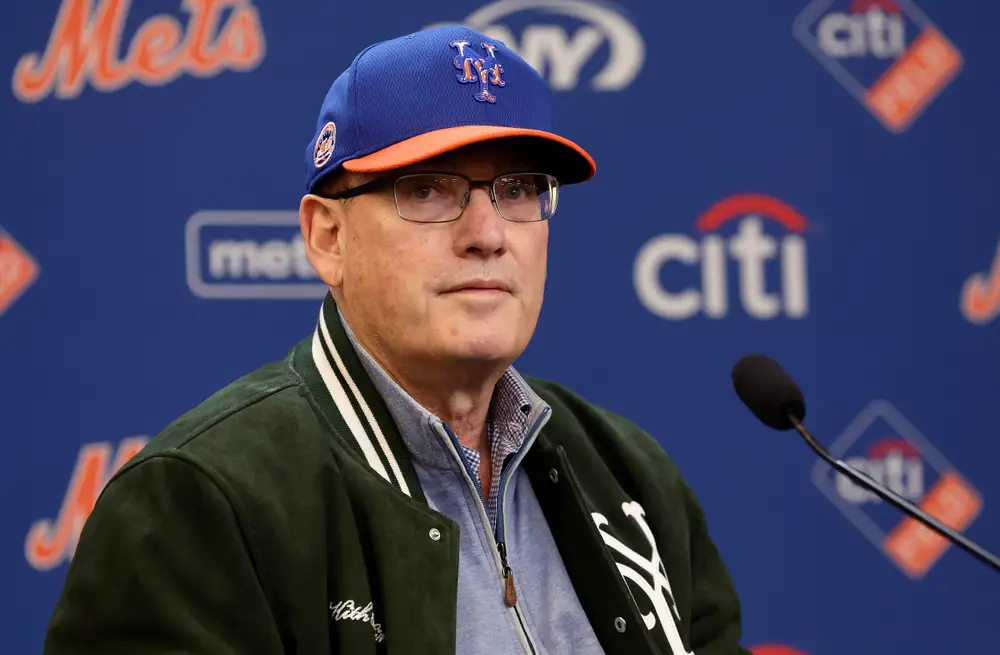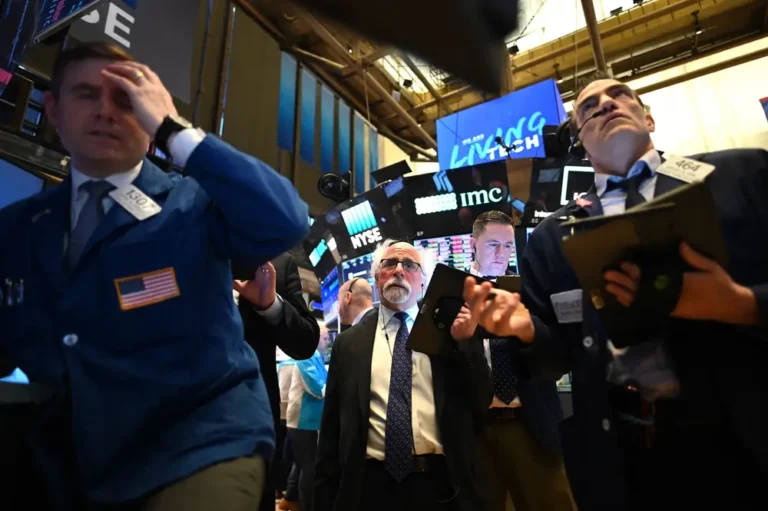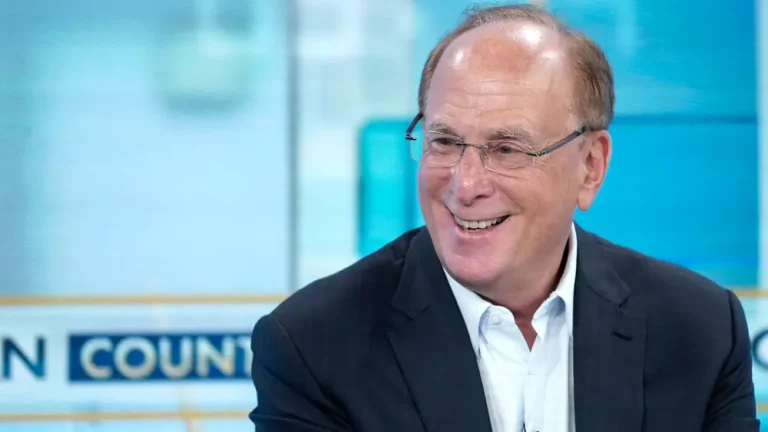Hedge fund titan Steve Cohen is no longer trading stocks. Here’s why it’s an important milestone for the $4 trillion industry.

New York Mets owner Steve Cohen is one of the most famous stockpickers of all time.
SAC Capital officially closed in 2013. It was unofficially buried on Tuesday.
The news from Bloomberg that billionaire Point72 founder and legendary stockpicker Steve Cohen will no longer trade his book for the $35 billion fund Tuesday is paradoxically both shocking and expected.
Shocking because Cohen is one of the greatest traders to ever live. Expected because Cohen has been telegraphing this for years.
Colleagues have described his pattern recognition of ticker tape as the closest thing they’ve ever seen to a human computer. He originally made his fortune (and reputation) as the brash and ultracompetitive founder of SAC, named after his initials and molded after his personality.
At Point72 though — which opened to outside capital in 2018 following a two-year ban after SAC pleaded guilty to insider trading charges and was fined $1.8 billion — Cohen has spoken publicly about how he enjoys mentoring the next generation of investors as he became a smaller part of his firm’s overall returns. He’s also considered as hands-on as any owner in the MLB as he tries to get his childhood team, the New York Mets, their first championship in nearly 40 years.
“Point72 continues to be Steve’s primary focus and he’s as engaged as ever. The only change here is that he will spend less time in front of his computer screens and more time working with investment teams and developing talent at the firm,” a statement from a firm spokesperson said.
It’s a people business
The change reflects what is now required from the leaders of top-tier hedge funds. Two decades ago, investors invested in SAC because of Cohen’s stock-picking prowess. Now, LPs are putting money into Point72 because of Cohen’s leadership.
Of the big multi-strategy managers, the fact Cohen was still managing a book set him apart from his main competitors. Ken Griffin and Izzy Englander were not trading at Citadel and Millennium, respectively, and, as B-17 previously reported, Dmitry Balyasny has given up managing a portfolio to focus on running his firm and rebuilding its equities unit.
As the battle for talent in the industry rages on, Point72 has been proactive in building out its internal portfolio manager pipeline with programs like the Academy, which pulls directly from undergraduate programs, and LaunchPoint, which identifies talented analysts internally and trains them on how to become a PM.
“There’s huge value in having Steve as an impactful mentor for our investment professionals; he’s been doing this for 40 years and he’s seen a lot. That’s what gives him the most satisfaction these days — helping people succeed and seeing it make a difference — and where he feels he can add the most value,” the firm’s statement reads.
Will there be another Steve Cohen?
While the industry has changed, Cohen’s decision is still a pivotal milestone for the overall industry. The once-nascent space has grown to more than $4 trillion in assets, and the largest managers boast thousands of employees, hundreds of backers, and institutional infrastructure.
It’s a positive shift for the biggest allocators in the world, which flocked to funds like Point72 and their peers because of their consistent, uncorrelated returns.
But as costs, regulatory burdens, and technology requirements increase, new launches have struggled to get off the ground. Cohen launched SAC with $20 million in 1992; new funds today need exponentially more to justify leaving seats at funds like Point72.
There are signs that multi-strategy firms’ stranglehold on the industry is loosening. LPs have gotten fed up with the high fees that come with these managers, and potential launches from famous Tiger Cubs like Viking Global and Coatue are drawing plenty of attention.
But Cohen was dubbed the “hedge-fund king” by The Wall Street Journal for a reason, and it’s not just because his firm churned out returns.

Fictional hedge fund manager Bobby Axelrod, played by Damian Lewis, was loosely based on Steve Cohen.
He’s the inspiration behind “Billions” protagonist Bobby Axelrod and was portrayed by Vincent D’Onofrio in “Dumb Money,” the movie loosely based on the GameStop saga. Among his $1 massive art collection, which was once valued at $1 billion, is a 14-foot shark preserved in formaldehyde. He paid celebrity chef Guy Fieri $100,000 to visit Connecticut mom-and-pop restaurants with him for a day, in a personalized version of Fieri’s long-running Food Network show.
For an industry that’s become more buttoned-up and less personality-driven, Cohen might be the last of his kind — and the overwhelming sentiment from those who have worked with him and competed against him is that this announcement was the end of an era.






